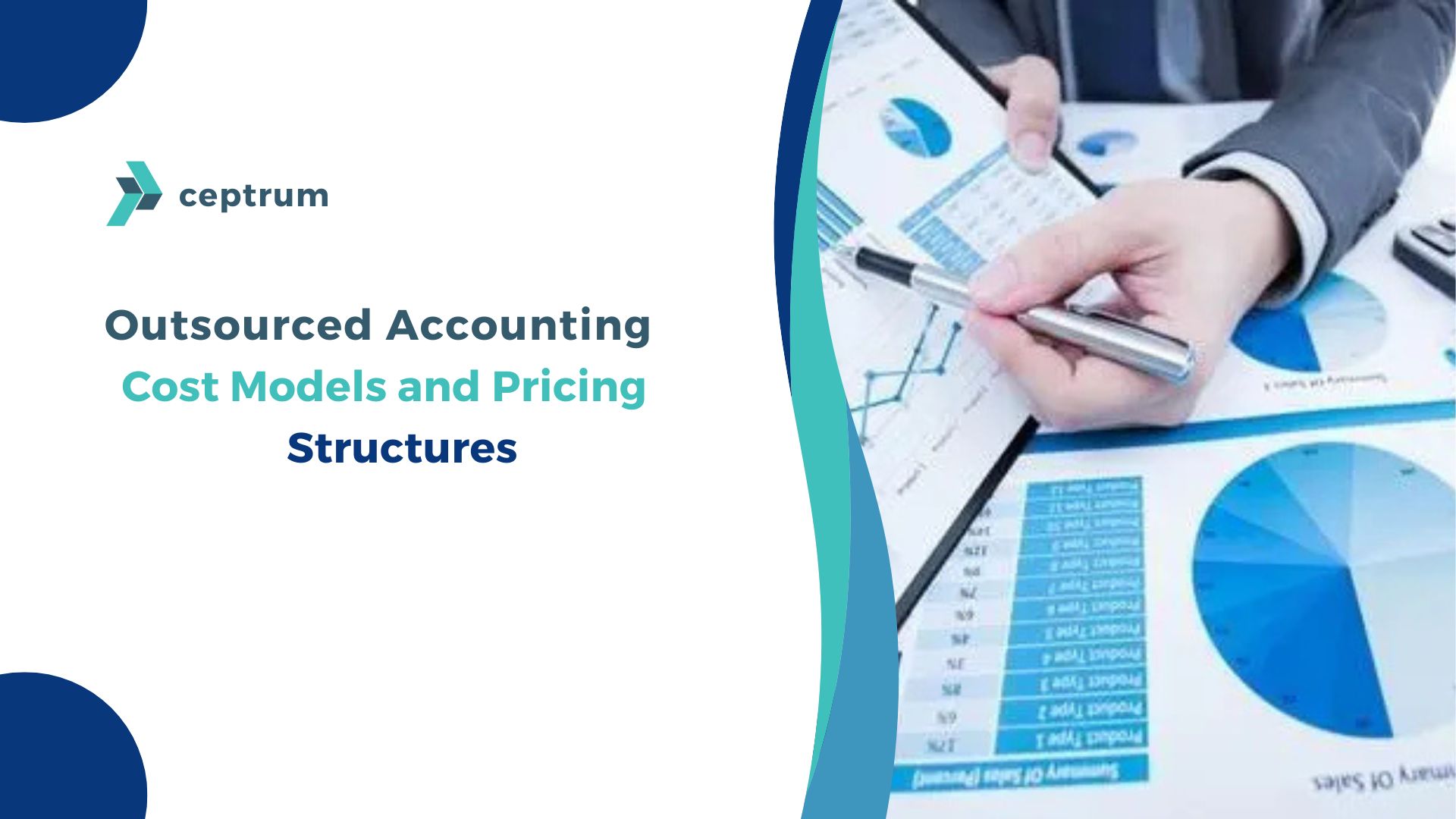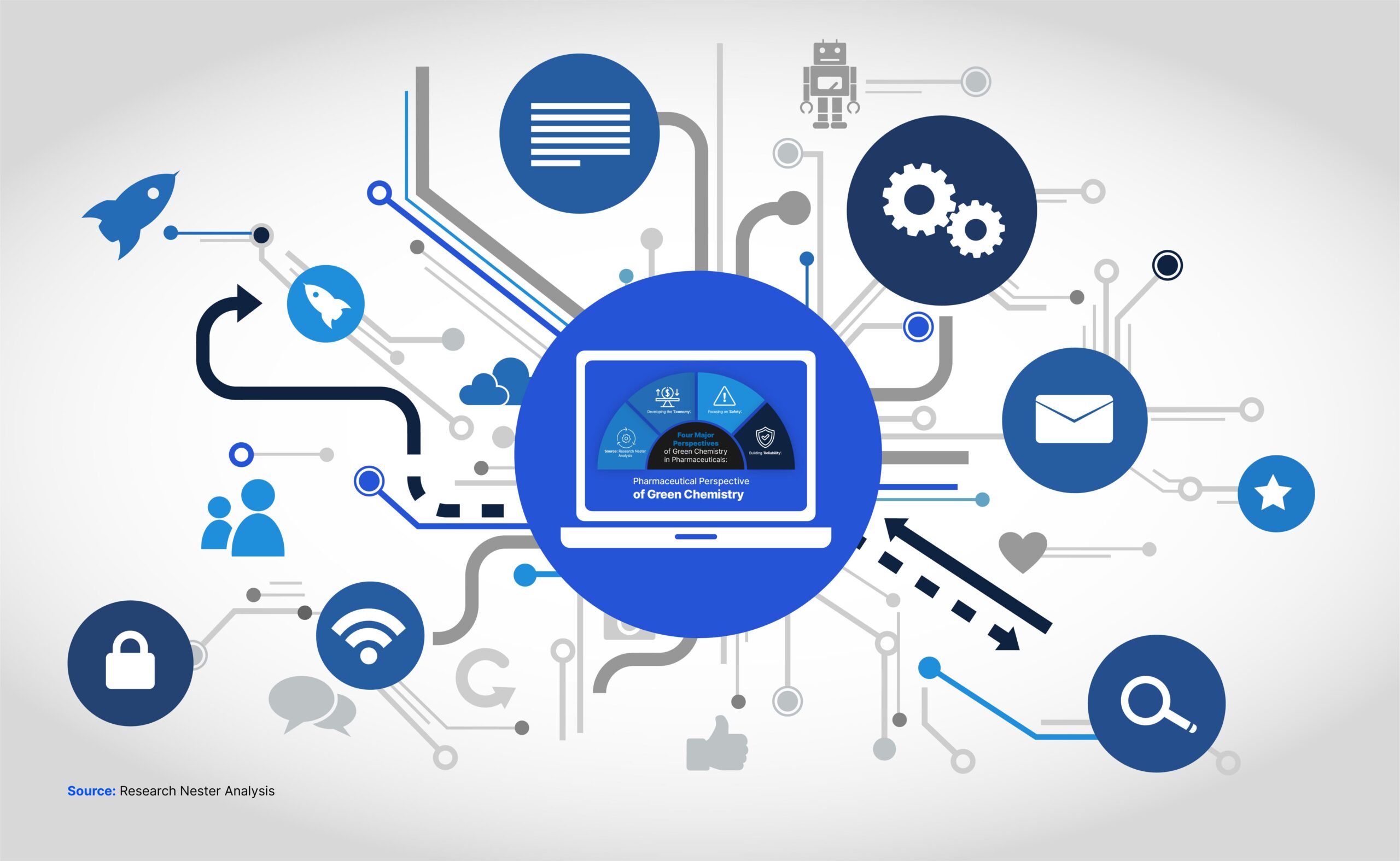Outsourced Accounting Cost Models and Pricing Structures
In today’s fast-paced business landscape, startups need to manage their finances efficiently while keeping costs under control. This is where outsourced accounting for startups plays a crucial role. However, understanding the cost of outsourcing accounting services can be challenging due to various pricing structures. This article explores different cost models and pricing structures for outsourced accounting, providing clarity on how startups can choose the right solution to optimize their financial management.
Why Outsourced Accounting is Vital for Startups
Startups often operate with limited resources and need to focus on growth and innovation. Hiring in-house accounting teams can be costly and time-consuming. Outsourced accounting solutions offer a flexible, cost-effective alternative by providing expert financial management without the overhead of full-time staff. Understanding the cost models associated with outsourcing is essential for making informed decisions that align with a startup’s budget and operational needs.
Common Outsourced Accounting Cost Models
1. Hourly Rate Model
The hourly rate model is straightforward: clients pay for the exact hours worked by the accounting team.
- Advantages: Offers flexibility for projects with varying workloads.
- Disadvantages: Costs can be unpredictable, especially during busy periods.
- Best For: Startups with irregular or project-based accounting needs.
2. Flat-Fee Model
Under this model, clients pay a fixed monthly or annual fee for a predefined set of services.
- Advantages: Predictable costs and clear scope of services.
- Disadvantages: May not cover unexpected or additional services without renegotiation.
- Best For: Startups looking for stable, ongoing accounting support.
3. Tiered Pricing Model
This model offers different service packages at varying price points, allowing startups to choose a level that fits their needs and budget.
- Advantages: Scalability and customization based on business growth.
- Disadvantages: Higher-tier packages can become expensive over time.
- Best For: Startups planning to scale their operations and financial complexity.
4. Per-Transaction Model
Charges are based on the number of transactions processed, making it suitable for businesses with varying transaction volumes.
- Advantages: Cost-effective for startups with low transaction volumes.
- Disadvantages: Costs can increase significantly with high transaction activity.
- Best For: Startups in early stages with minimal financial transactions.
Factors Affecting the Cost of Outsourcing Accounting Services
Several factors influence the overall cost of outsourcing accounting:
- Scope of Services: Comprehensive services, such as auditing or tax planning, often cost more than basic bookkeeping.
- Business Size and Complexity: Larger businesses with complex financial operations typically face higher costs.
- Industry-Specific Needs: Startups in regulated industries may require specialized expertise, increasing costs.
- Technology Integration: The use of advanced accounting software and automation tools can affect pricing.
Choosing the Right Outsourced Accounting Model for Your Startup
1. Assess Your Business Needs
Start by identifying the specific accounting services your startup requires. If you need routine services, a flat-fee model may be best. For more dynamic needs, consider the hourly or tiered pricing models.
2. Evaluate Budget Constraints
Determine how much your startup can allocate to accounting services. Balancing cost with service quality ensures you get the best value.
3. Plan for Scalability
Consider models that allow for growth. The tiered pricing model is particularly beneficial for startups that anticipate scaling operations over time.
Benefits of Outsourced Accounting Solutions for Startups
Outsourcing accounting offers several benefits, including:
- Cost Savings: Eliminates the need for full-time in-house staff, reducing overhead costs.
- Expertise Access: Provides access to experienced professionals familiar with various industries.
- Time Efficiency: Allows startups to focus on core business activities while experts handle financial management.
Conclusion
Understanding the cost of outsourcing accounting services is essential for startups aiming to optimize their financial management while keeping expenses manageable. By choosing the right cost model—whether hourly, flat-fee, tiered, or per-transaction—startups can ensure they receive the necessary accounting support at a price that fits their budget. Outsourced accounting for startups is not just about cost reduction; it’s about gaining access to expertise and scalability that supports business growth.
FAQs
1. What is the most affordable outsourced accounting model for startups?
The flat-fee model is often the most affordable for startups with consistent accounting needs, offering predictable and manageable costs.
2. How can startups ensure they get value for money from outsourced accounting services?
By clearly defining their service requirements and choosing a cost model that matches their needs, startups can maximize value and minimize expenses.




